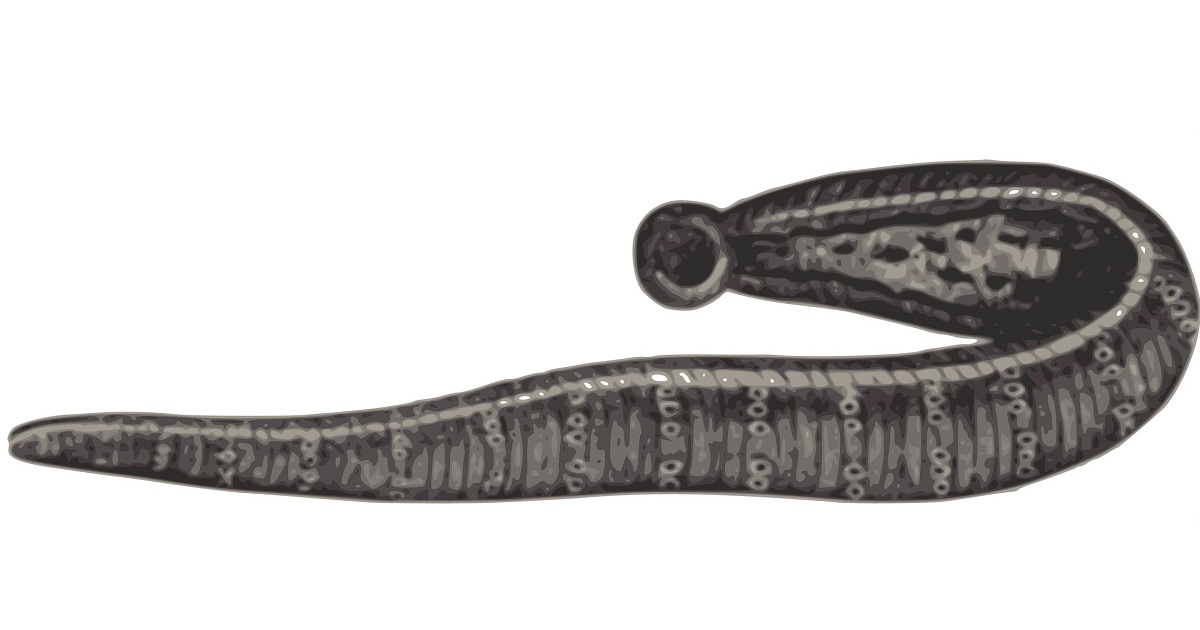Antibiotic resistance in a leech's gut: Even trace amounts of antibiotics boost resistant bacteria

Plastic surgery patients were getting infections with antibiotic-resistant bacteria, and no one knew why. UConn microbiologists found the answer in a leech's gut. Their research, published today in mBio, provides proof that tiny levels of antibiotics found in the environment can encourage bacterial resistance. UConn microbiologist Joerg Graf from the Department of Molecular and Cell Biology is intimately familiar with leech guts. He's examined the contents of thousands of them over the years. He studies how bacteria can live inside animals' digestive tracts without making the animals sick, and leeches are a perfect study case; with only two major types of bacteria inside them, the relationship is relatively simple. Leeches raised by medical suppliers, leeches captured in Europe, leeches his students gathered from the ponds behind W lot on the UConn campus, Graf knows them all, and all their quirks. He thought he knew the bacteria in their digestive systems just as well. But in 2011, he got a nasty surprise. One of his graduate students, Sophie Colston, was having trouble growing bacteria. It was a strain of Aeromonas that usually does really well in leeches. They would feed the Aeromonas strain to a leech and later on check how well the strain was grown in its gut. This time, the Aeromonas strain was having trouble. Lidia Beka, another graduate student in his lab, pursued the cause.